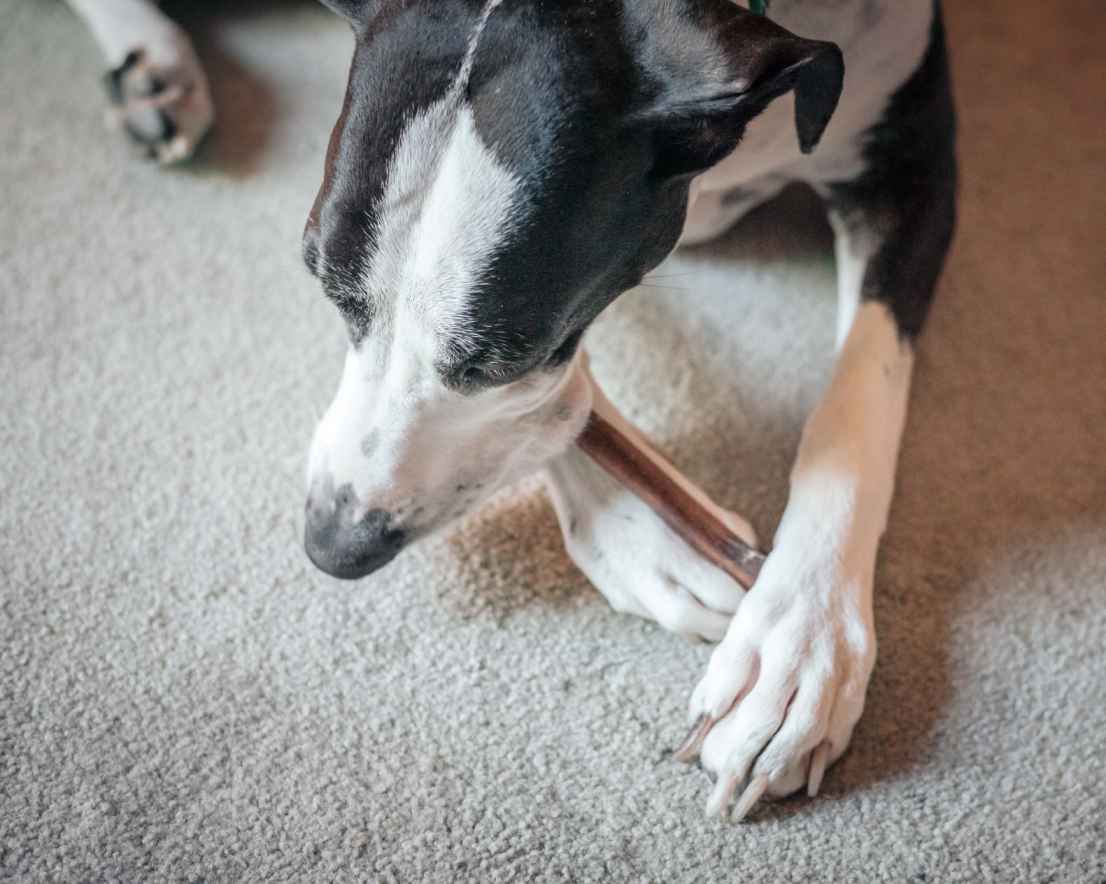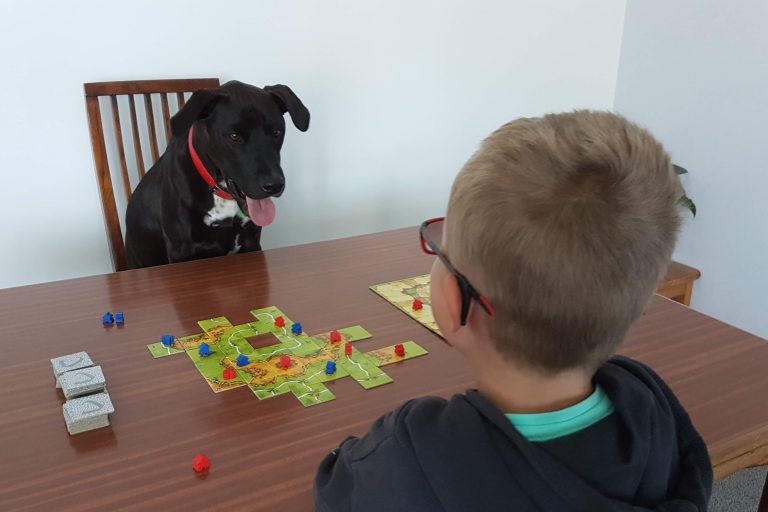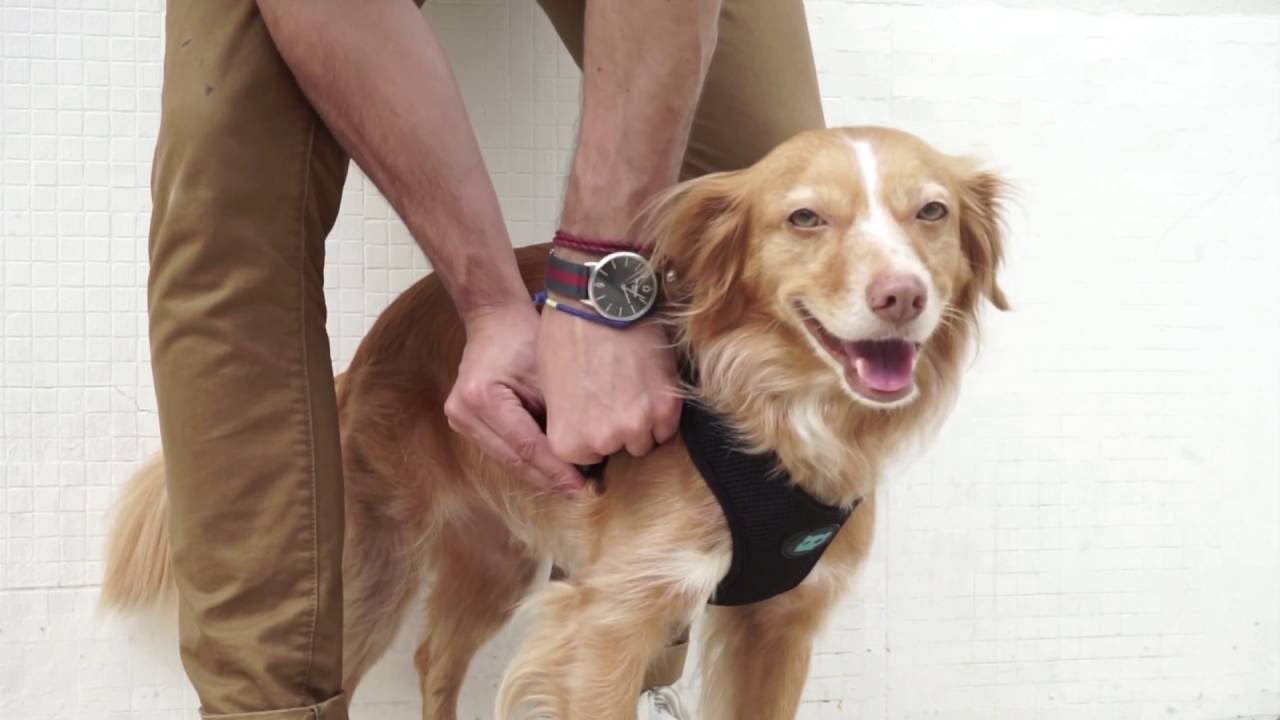Dogs, just like their human companions, have various personalities and behavioral quirks. They are individuals who sometimes need a little bit of training to be well-behaved with other humans and pets. So, how do you go about finding the best dog training classes near you?
Connect with a verified veterinarian in minutes. Licensed vets are available 24/7 to answer your questions. No need to worry about your furry family member.
Do Your Research
When it comes to choosing the best pet training classes, there are a few things to consider. The first issue to consider is whether you’d prefer a regular dog training class or private lessons with a dog trainer. With private lessons, your dog will receive one-on-one training from the trainer. This can be good, especially if your dog is shy, fearful of other dogs and people or acts up around other dogs. Your pup may also receive lessons tailored specifically for her dog problems. In addition, if you stay with your dog during the training sessions, you can ask the trainer specific questions you have about your dog’s behavior or “how-to” use these training methods when you get home, etc. One thing to keep in mind—private lessons are generally more expensive than regular group classes.
On the other hand, dog training classes with other people and dogs present can have benefits, too. If your dog gets along with others (both dogs and humans!), then group classes might be a treat, and not only training sessions. Group classes are usually cheaper than private lessons, and your dog will learn to focus on you in a busy setting, compared to one-on-one training sessions.
After choosing the best type of training classes for your pup, next you’ll need to consider what to look for in a trainer. One note—dog trainers work with dogs of all ages but do recommend that you start training sessions when your dog’s still a puppy.
As puppies, they haven’t had too much time to develop undesirable dog behavior and they’re easier to train at this age
Things to Look for in a Dog Trainer
Just as there are many different types of doggie and human personalities, you’ll find a wide range of dog trainers, too, who use a variety of methods to train dogs. Similarly to the things you would check before hiring a dog walker you should review credentials for your dog’s trainer. You’ll want to find the best trainer for your pup, so here are some things to consider when searching for a trainer:
1). Positive reinforcement training method: when it comes to methods, you’ll want to search for a trainer who uses some form of positive reinforcement. Reward-based usually refers to some type of food reward, as all dogs love food and love to eat. Avoid trainers who use any form of negative training—these will only break your dog’s spirit, make him fearful or even aggressive.
2). Certification: look for these certifications when choosing a trainer: CTC, KPA, VSA-DT. These letters all refer to programs that offer courses and exams to become a certified dog trainer. Other credentials may include membership in professional dog training organizations such as the Association of Professional Dog Trainers , among others.
3). Continuing education: just as other professionals need to stay current in their fields, the same is true with dog trainers. This is generally not a requirement for dog trainers; however, when you’re searching for the best trainer, it can be the sign of an excellent trainer who cares about his/her work and the dogs they work with.
4). Training methods: training methods used for dogs vary, so it’s a good idea to ask what method a trainer uses before your fur baby goes to class. Some trainers are offering special programs such as teaching your dog to swim with you. A certified trainer will have studied animal behavior and should tell you they only use positive reinforcement methods.
Be wary of trainers who say they are “balanced,” as this usually means they use correction or other negative methods to force dogs to behave in a certain way. Stay clear of any dog trainers who use shock collars, choke chains, etc. Instead, look for a trainer who doesn’t use forceful training methods, but instead uses positive methods to help your dog replace bad habits with those that are more desirable. Just be sure you’re comfortable with the methods used. If not, then pass on to the next trainer on your list.
5). Avoid trainers offering a guarantee: dog trainers who guarantee their work should be avoided at all costs. Too many trainers who offer guarantees tend to use negative reinforcement methods. And each dog is an individual and learns at their own pace. How can anyone guarantee that your dog will learn certain behaviors in a certain number of lessons? Professional trainers understand there are variables involved. They also understand that you are part of the equation—you have to do your part to use the training when you get home.
6). Skills taught in class: be sure to ask the trainer exactly what skills are taught in their classes. Look for trainers who address your dog’s specific dog behavior issues. Another term to use–ask them what type of animal behavior is addressed in their classes.
7). Prices: don’t forget to ask how much training costs. Again, keep in mind that private classes are generally more expensive than group classes. You can also look for trainers who sells dog training packages, with a set of classes starting on a specific date (typical packages offer about 6 classes).
8). Requires vaccinations: this is also very important—look for trainers who only accept dogs if they’ve had all their vaccinations. You don’t want your dog exposed to contagious, preventable diseases. Trainers who require vaccinations of all pets in the class truly care for the dogs they’re working with and will not accept any dog who hasn’t been had all his required vaccinations.
9). Friendly and likes dogs: this may seem obvious, but look for a dog trainer who’s friendly with both you and your pup, and who genuinely likes dogs. Most trainers have dogs, mine was obsess with Australian Shepherd Puppies and was always bringing his dogs along. If they don’t appear to actually enjoy being with dogs, they won’t be good teachers for you or your fur baby.
Now you’re ready to go to the next step in finding a dog trainer for your precious fur baby!
The Search—Where to Begin
Now that you know what to look for in a dog trainer and the type of dog training classes your pup needs, it’s time to begin the actual search. This can seem daunting, but breaking the search into steps will help you through the process.
- Searching Online: the first and easiest place to start your search is by going online. Use a search engine, such as Google (Bing, Yahoo, etc.), and use search terms such as “dog trainers near me,” “professional dog trainers near me,” “dog training classes near me,” etc. These searches will bring up lists of dog trainers in your area and will prove to be one of the fastest ways to start searching for a trainer near you.
- Referrals, Reviews and Recommendations: when searching for a dog trainer, don’t hesitate to search for reviews and referrals online. In addition, you can also ask trainers for a list of referrals you can contact. Another option is to ask family, friends, colleagues at work and even your veterinarian for their recommendations about dog trainers they may have used in the past.
Talking with Trainers
Once you’ve put together a list of prospective dog trainers, you’re ready to begin asking them the questions we outlined earlier in the article, in the section: Things to Look for in a Dog Trainer. Don’t hesitate to ask any and all questions you have, because this is the best way to find the trainer that’s the best fit for you and your fur baby. The trainer should be able to teach you things as well such as how to give a pill to your dog. If you’re dealing with dog problems, then the questions will also help you zero in on the best trainer to work with these issues. Don’t be afraid to ask. If the trainer isn’t easy to talk with, then go on to your next choice, until you find the trainer who seems to be the best fit.
Visiting & Trying Before You Buy
Now that you’ve narrowed down the list, it’s OK to ask the trainer if you can visit the classes. Some trainers are happy to invite you to visit, and they may even ask you to join the class. Trying before you buy is an excellent way to see if you, your dog and the trainer get along, to experience the training environment and the sessions, etc.
Don’t hesitate canceling the class if the trainer doesn’t feel like a good fit. If that’s the case, then move on to the next trainer on your list

Review symptoms, medications & behavior to keep your pets healthy with a Vet Online in just minutes.
Ask a Vet Live NowSigning Up but It Doesn’t Work Out
Pet training methods and trainers vary, as we’ve seen. In most cases being well trained will reduces the chance of your dog going missing. If you happen to sign up for classes and then things don’t work right, it’s time to end the class. You don’t want your dog to be traumatized by a trainer who uses negative training methods, or whose personality clashes with your pup’s. If you find yourself in this situation, end the class, take a breather and then get in touch with another trainer and see if they and their classes might be a better fit.
Summing It All Up
Choosing the right dog trainer for you and your pup can be challenging, but we hope the steps above will guide you to the best possible trainer in your area. Don’t hesitate to ask trainers questions about their methods, the costs involved, etc. As you talk with trainers and visit different classes, remember to go with your gut instincts. As the parent of a fur baby, you’ll be the best one to figure out which trainer and class is the best for you and your dog. In this way, your pup will receive the best training and you’ll both receive the benefits of a well-behaved dog.
Connect with a verified veterinarian in minutes. Licensed vets are available 24/7 to answer your questions. No need to worry about your furry family member.

Kyoko
Kyoko is from a family of 3 and moved to New York with her parents and siblings when she was 13. Kyoko is fond of spending a great amount of time with pets, specifically her beagle Luna and cat Missy. Her boyfriend often complains that she spends too much time giving attention to their animals. Kyoko has written dozens of articles concerning pets and is aiming at owning a pet shop one day!
Review symptoms, medications & behavior to keep your pets healthy with a Vet Online in just minutes.
Ask a Vet Live Now



